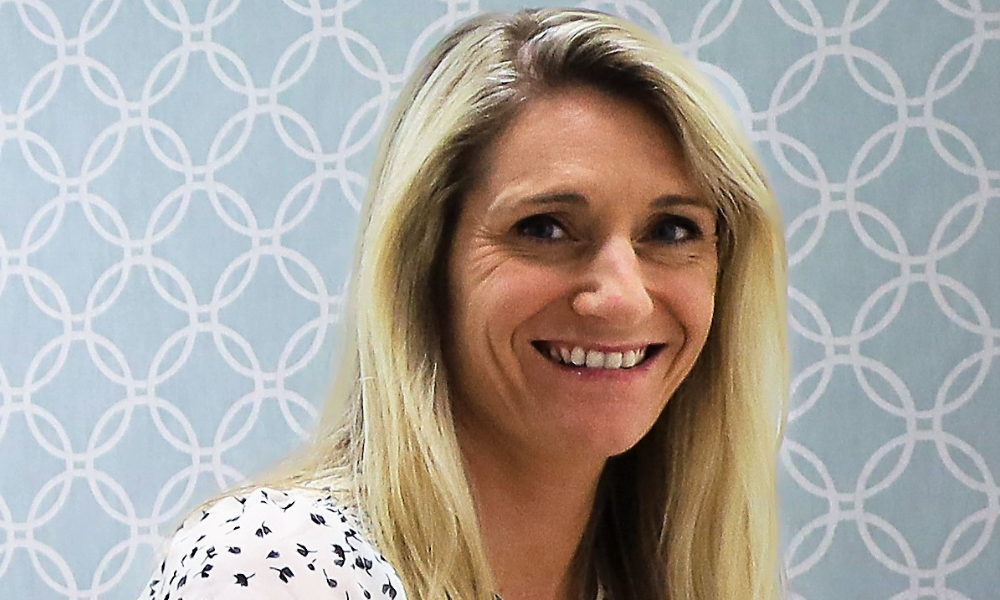
'It should be a mind shift and a culture that's embedded, that doesn't feel forced': expert

Menopause. It’s a natural process of aging that marks the point in a woman's life when the ovaries gradually stop producing reproductive hormones.
While it may seem like it’s not a big deal to some, Linda Dear, clinical director at Menodoctor, challenges this idea, telling HRD, “There’s this misconception that it’s no big deal: ‘Why are we making a fuss out of something that’s normal?’”
But her response is this: “There’s lots of things that human bodies do that are completely normal but can be problematic in certain environments.”
Despite the Kiwi workforce having around 400,000 women in the menopause age bracket, there is a notable absence of the word ‘menopause’ in New Zealand legislation and organisational policies.
Highlighting the increasing amount of menopause discrimination in legal precedents around the world, Dear told HRD, “If workplaces don’t acknowledge this and show that they care and put out support to break that horrible stigma, there’s going to be problems for them later.”
Dear's personal encounter with perimenopause prompted her to leave a successful career as a general practitioner and establish Menodoctor, a clinic dedicated to providing specialised care for women during this crucial life transition.
“I started to notice some quite bizarre and subtle things that I didn’t immediately blame my ovaries for because it’s not always that obvious, even if you are a medical professional. I realised I was seeing lots of patients who were having menopausal symptoms, and I was missing it not only in myself but in them as well.
“So that was a real push for me to do something about it.”
A significant turning point for Dear was a survey involving over 4,000 women that revealed the influence of menopause on various aspects of women’s lives, including the workplace.
She highlights that women aged 45-55 make up the fastest-growing workforce demographic globally.
“It is financially sensible to help perimenopausal and menopausal women stay in the workforce and be happy, engaged and dedicated to the place they work,” she says.
Despite the profound impact of menopause symptoms on working women, Dear’s research found that only 3% of employers have a menopause policy. Furthermore, a survey of 500 Kiwi employers by the NZ Institute of Economic Research found similar results, with many employers expressing the belief that such policies are unnecessary.
Dear, however, adopts a nuanced perspective on policy and legislation, stating, “The more you nag, and the more bossy you try to be, the less organisations listen.”
Instead, she advocates for simple workplace supports and measures to alleviate the impact of menopause symptoms.
“It should be a mind shift and a culture that's embedded, that doesn't feel forced, that feels like the right thing to do, in a moral sense,” she says, pointing out the support for menopausal women with broader principles of diversity, wellness, and inclusion.
It’s not just about being menopause friendly, it’s about being human friendly, says Dear.
“It’s about realising that human beings are not machines, and we've got to stop treating them like machines.”
The tangible benefits for organisations that actively support menopausal women include improved morale, enhanced productivity, reduced absenteeism, and minimized staff turnover, she says, making it a win-win for both employers and employees.
But like most things in HR, there is no cookie-cutter approach that’s appropriate. Workplaces need to adapt and tailor their approach to each employee, says Dear.
“Workplaces weren’t designed with menopause in mind. You've got to treat each person individually and tailor things for them. And each workplace is different. It's hard to keep everyone happy. But you've got to get a general feel of what is the consensus. This is what people want us to do and what people may not want us to do.”